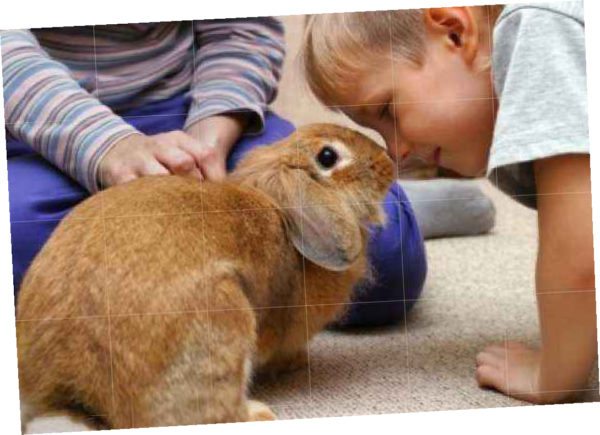Ferrets, with their curious nature and unmatched charm, have become popular pets for those seeking a playful and active companion. These small mammals, known for their inexhaustible energy and mischievous personalities, need specific care to ensure their well-being and happiness. Here is a guide on how to care for a pet ferret so you can fully enjoy the company of these adorable creatures.
Indice
Keeping a pet ferret
If you have decided to get a pet ferret, you should take into consideration the following points:
- Environment and lodging
Ferrets need a large, safe space to explore. Opt for spacious cages that allow them to move freely. Make sure they have toys and accessories such as tubes, tunnels and balls to keep them active and stimulated.
- Balanced diet
A balanced diet is vital to your ferret’s health. Look for high-quality foods designed specifically for ferrets, as they have unique nutritional needs. Avoid giving them cat food or other foods, as they may lack essential nutrients for your pet.
- Hygiene and cleanliness
Hygiene care of a ferret is crucial. You should bathe them regularly with mild shampoos designed for ferrets. Trim their nails and clean their ears to prevent problems. In addition, regularly clean their resting area and cage to maintain a healthy environment.
- Visits to the veterinarian
Schedule regular veterinary visits to ensure your ferret is in good health. Regular vaccinations and check-ups are essential to prevent disease and detect any health problems early.
- Play time and socializing
Ferrets are extremely social and active animals. Spend daily time playing with them, providing them with interactive toys and participating in activities that stimulate their mind and body. Interacting with them strengthens the bond between you and your pet.
- Training and supervision
Training your ferret is key to its safety. Teach them to use the litter box and respond to basic commands. Also, supervise them carefully when they are out of their cage, as they have an innate curiosity and could get into dangerous places or ingest unwanted objects.
- Emergency preparedness
Being prepared for emergencies is essential. Keep the phone number of an emergency veterinarian handy and know the signs of common illnesses in ferrets, such as gastrointestinal problems or difficulty breathing.
Final considerations
Caring for a ferret involves commitment and dedication. These adorable creatures require love, attention and specific care to thrive as pets. If you are willing to invest the time and effort, you will be rewarded with the companionship and joy of having a happy, healthy ferret by your side.
In short, caring for a ferret involves providing a suitable environment, a balanced diet, hygiene care, regular veterinary visits, play and socialization time, training, emergency preparedness and, above all, lots of love and attention. If you are willing to commit to this care, you will have a loyal and playful companion who will brighten your life with his energy and mischief.
Image courtesy of https://pixabay.com, all rights reserved.







